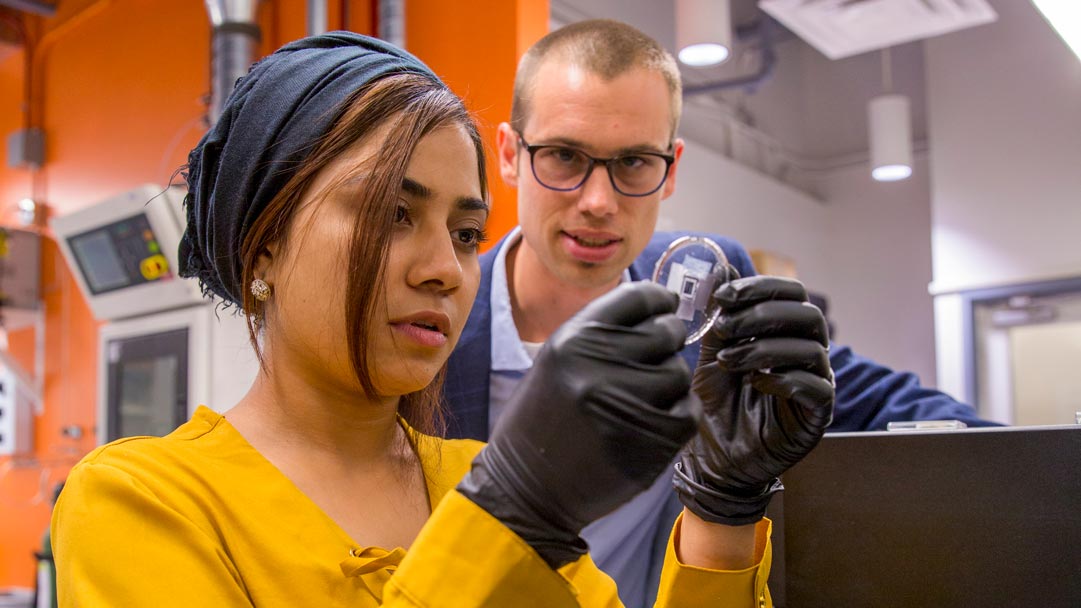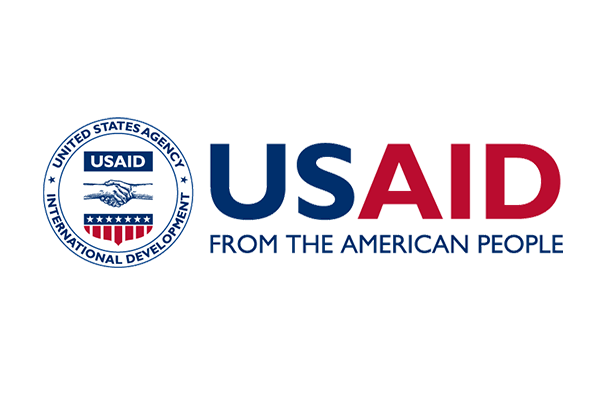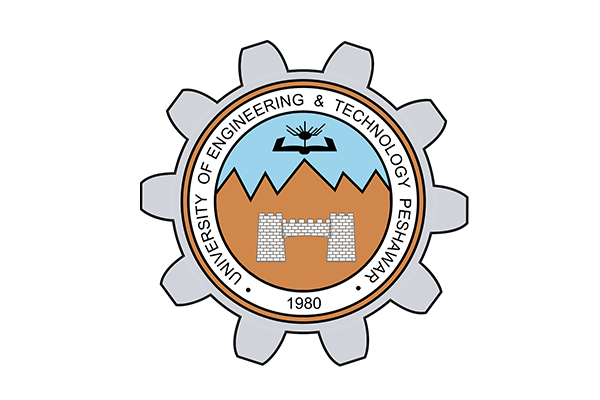
USPCAS-E: The power of collaboration realized
As we close out the USAID-funded portion of the project, we reflect on the project’s many successes.
USPCAS-E Project Archive
A partnership to power Pakistan’s future (2014-2019)
The USAID-funded USPCAS-E program was a partnership between Arizona State University and two leading Pakistani universities: the National University of Sciences and Technology (NUST) and the University of Engineering and Technology (UET) Peshawar, to focus on applied research relevant to Pakistan’s energy needs and help produce skilled graduates in the energy field. An $18 million award supported the five-year project from 2014-2019 — the largest ASU had ever received from USAID at the time of the award. Learn more
Accomplishments
- Two new buildings at NUST and UET
- 16 labs and two new libraries developed
- 13 new degree programs developed at NUST and UET
- 150+ new courses offered
- 1000+ M.S. and Ph.D. students enrolled
- 375+ students have graduated with master’s degrees
- 48 joint and applied research projects
- 217 faculty and student scholars completed the exchange program
- 121 student internships
- 21 public-private partnerships
Applied research
Spreading the Light: Empowering Off-grid Communities
USPCAS-E applied research projects are focused on finding indigenous energy solutions for communities throughout Pakistan. Working with collaborators at ASU and OSU, researchers installed and tested a microgrid with multiple generation resources in a remote northern Pakistani village. Called the “Hybrid Energy Testbed for Remote Communities,” the project integrates generation from three renewable resources: solar photovoltaic, micro-hydro and biomass. Read more
Conserving Energy Resources
If industry can increase profitability and operate equipment in a greener way, such benefits also impact society at large.That’s the hope behind research conducted by USPCAS-E. An applied research project resulted in energy-saving equipment that’s likely to deliver considerable savings to Pakistan-based Coronet Foods, a subsidiary of English Biscuit Manufacturers.
Natural gas prices have skyrocketed in Pakistan. General industry saw a 40 percent increase and the power sector took a 57 percent hike. That’s bad news for bakeries like Coronet Foods, which relies on gas for production. Working with USPCAS-E faculty and students, Coronet Foods developed a heat-recovery system. Read more
Providing Smart Energy Solutions
The goal of this research project is to develop a micro combined heat and power system utilizing biomass resources to provide power and heat to off-grid rural areas — as well as urban areas — facing unreliable power supply. This will not only help the whole country grow more energy efficient but also make Pakistan more prosperous in the future.
The U.S.-Pakistan Centers for Advanced Studies in Energy
Center for Advanced Studies in Energy at NUST
Center for Advanced Studies in Energy at UET





